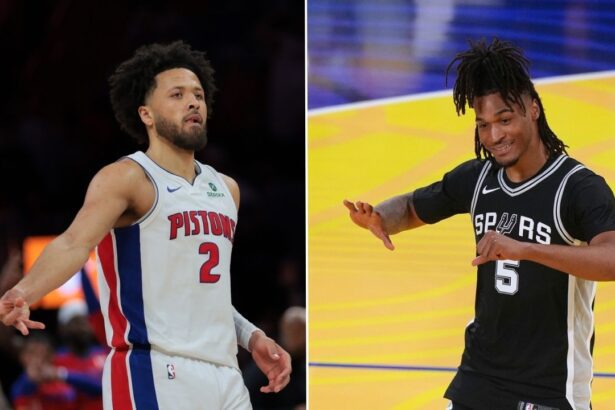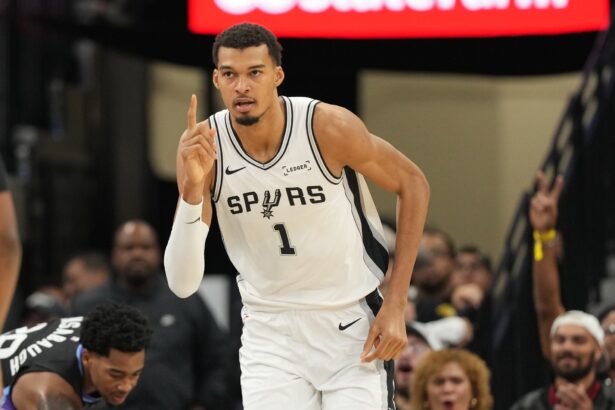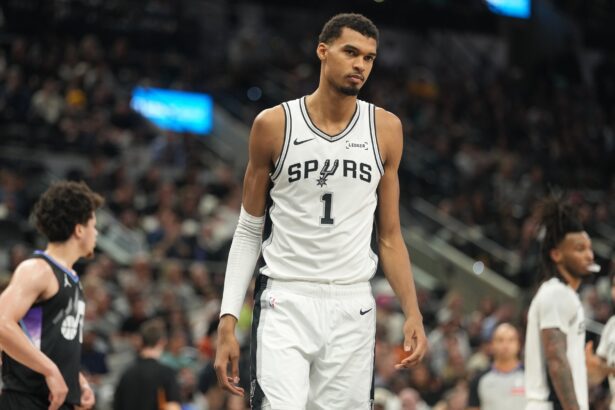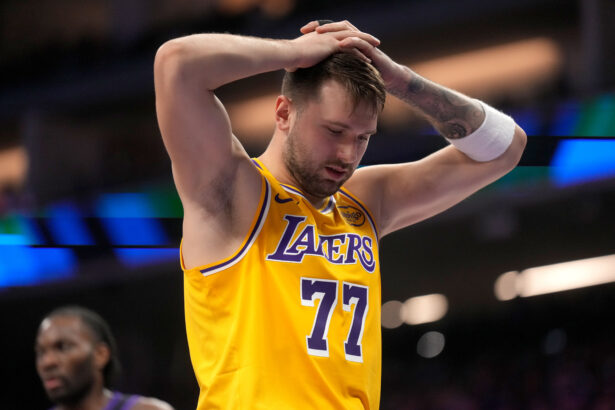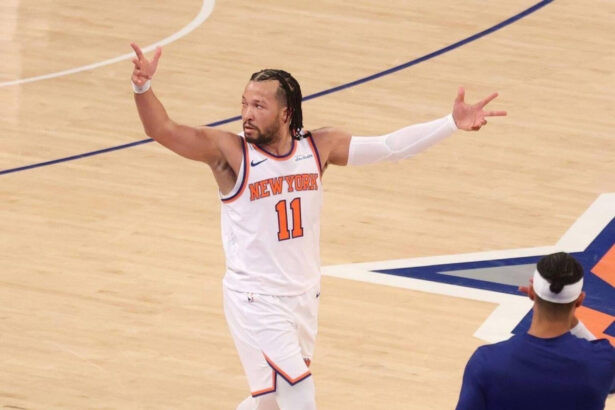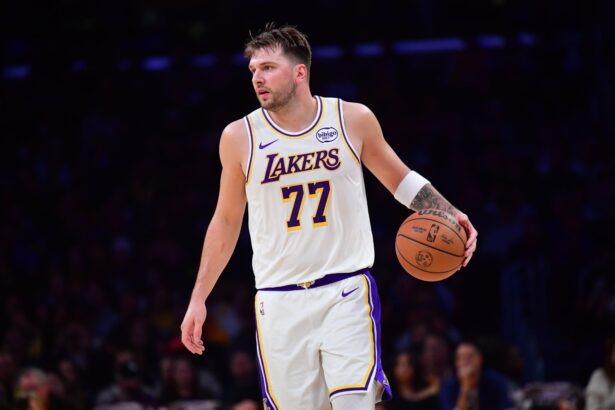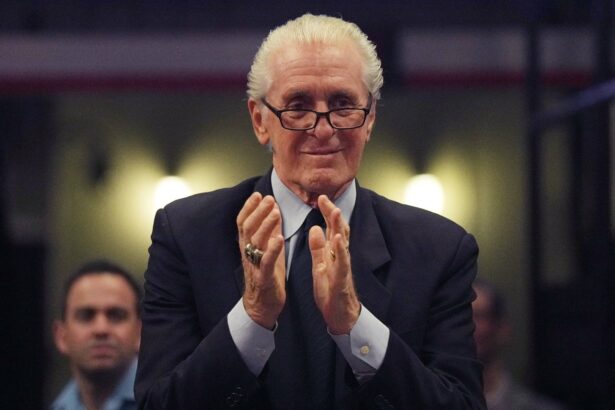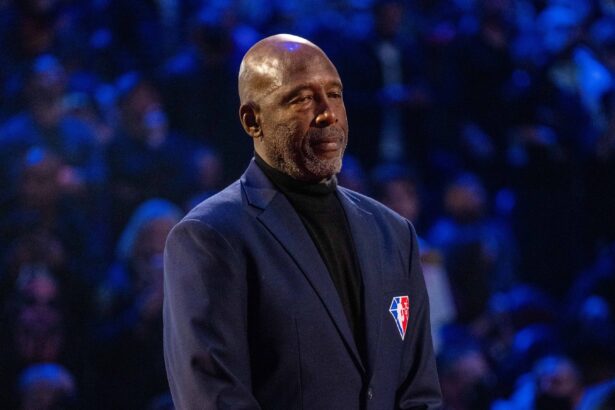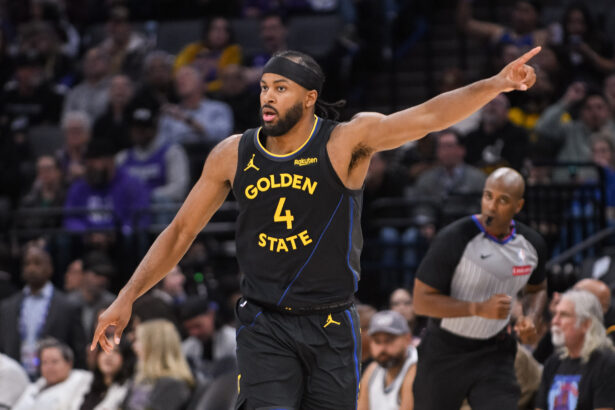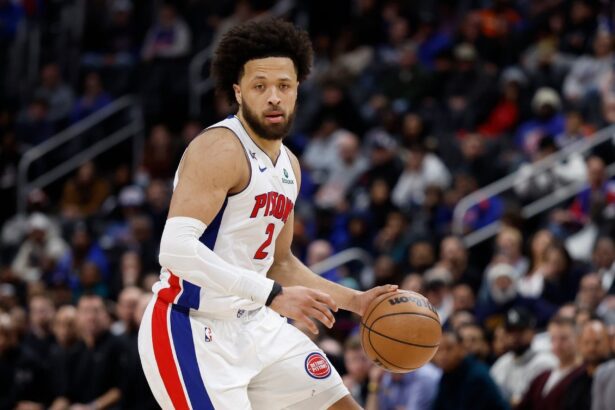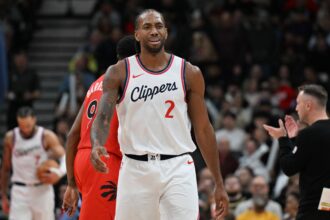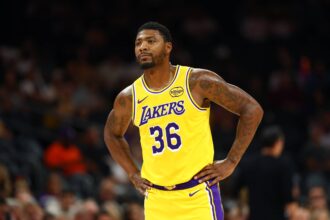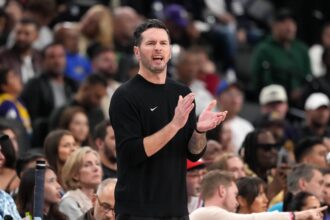Gilbert Arenas recently shed light on the delicate issue of trusting team doctors in the league, emphasizing the potential conflict of interest inherent in their roles. Speaking on his show ‘Gils Arena,’ Arenas highlighted the historical dynamics surrounding team doctors and their interactions with players.
“Team doctors… Back then, the team doctors is no different than dealing with the team. Back then it was, we need to get you on the court as fast as possible.”
“So you’re not having a conversation with this doctor, that doctor is going to the owner, the general manager, the general manager is going to the medical staff, the medical staff is then telling you what’s going on, right?”
“So you don’t know what the translation really was. It could be, you know, 12 to 9, 9 to 12 months, right? Tell him, right, 6 to 8. Yeah, speed it up… you expecting them to have their the best interest at the heart, but they don’t.”
“They thinking about money, season ticket holders. They’re thinking about all of that. So your name out… 9 or 12 months that might affect the season ticket holders … they care more about the season ticket holders.” (2:32)
According to Arenas, the relationship between players and team doctors is complex and often influenced by external factors such as team management and financial considerations. He revealed that in the past, team doctors were primarily focused on getting players back on the court as quickly as possible, sometimes at the expense of their long-term health.
Arenas described a scenario where team doctors might downplay the severity of an injury or expedite the recovery timeline to appease team management and maintain fan engagement, particularly with season ticket holders. This prioritization of short-term gains over the player’s well-being could lead to misinformation or unrealistic expectations regarding the recovery process.
The former NBA star emphasized that players may not always receive accurate information directly from team doctors, as communication channels between medical staff, management, and players can be convoluted. This lack of transparency leaves players vulnerable to potential exploitation and manipulation of their health for the sake of organizational interests.
Arenas’ insights highlight the importance of players advocating for their own health and seeking independent medical advice when necessary. In an environment where winning and financial considerations often take precedence, players must prioritize their long-term well-being above all else.
While team doctors undoubtedly play a crucial role in the NBA ecosystem, Arenas’ cautionary words serve as a reminder that players must exercise caution and diligence when navigating medical decisions within the league. Trusting team doctors blindly, without questioning their motivations or seeking second opinions, could potentially jeopardize a player’s health and career in the long run.
Thank you for being a valued reader of Fadeaway World. If you liked this article, please consider following us on Google News. We really appreciate your support.






